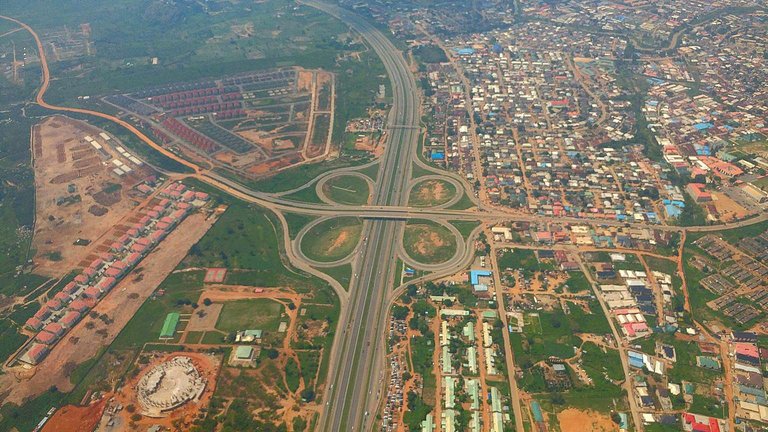
The first time I left Ghana, I was surprised at how developed the other countries were. The roads were well paved, the public services functioned well, the opportunities seemed plentiful. It was more than just things like tall buildings or fast internet; it was how the whole system worked to pushpeople to grow and succeed. That was the moment when I realized just how underdeveloped many countries in Africa are. People discuss around globalisation making out "flatter" world but it is not in real world.
Globalization has made us believe we live in a flat (world is connected or benefit from equal opportunities) only to discover there are mountain(barriers,handicaps,inequalities)that hinder time any certain country progress, Africa in particular roadblocks remain in many African countries poor governance, lack of resources, increasing economic oppression as other continents have evolved. At the same time, it is increasingly evident that globalization was not a blessing for all.

Africa has failed and tried to do many things: A weak economies, a failing education system, a failing systems of health care, a failing of industries. It is also true our leaders have equally failed Africa through corruption and bad leadership, the global system plays an even bigger role as the greatest obstacle that keeps Africa down.Most developed nations will only notice Africa when they need our resources but do not do much to aid in real development. Unfair trade is yet another majorissue. Africa is rich in natural resources, but exports the majority of them as raw materials used to produce finished goods.
Which is in fact the case thus hd countries that use the raw material tocreate end products make more money than those who only supply the raw material. A few African countries on the other hand are presently surviving on loans from foreigngovernments and international bodies, strings attached to such assistance back these nations into a corner preventing real economic progress. Another big one isbrain drain. And in the absence of opportunity at home, Africa’s best and brightest run to developed countries. But although this enables other nations to develop, it has deprived Africa of its skills.

What's the Way Forward?
Africa must not be left behind. Though other nations can help out but true transformation must come from within I believe. Nonetheless, one of the most crucial things that africans must accomplish is bringing leaders to account for the authorities they bestowed upon them. African must start to understand that enough is enough, and that citizens should rant for good governance, to make elected representatives consider sustainable growth, and not immediately profits.
Investing in education and technology as We should not be prepared to compete in global world if we are left with a population that does not have any skills to compete. Local businesses considerations can make significant impact so much that African governments can so much difference if they consider supporting local businesses. They would also help bring down the continued import of food, medicines and manufactured goods which can result in a system of corruption, exploitation and deprivation.
This will not only create new jobs and reduce our dependency on foreign markets. On the other hand, they should also take steps to shaping their future by engaging in entrepreneurship and innovation. The youth, I believe, are capable of creating change, albeit on a positive trajectory. Africa must not be left behind, yes there will always be mountains (challenges) in our world, but there is more that we can do to climb them.